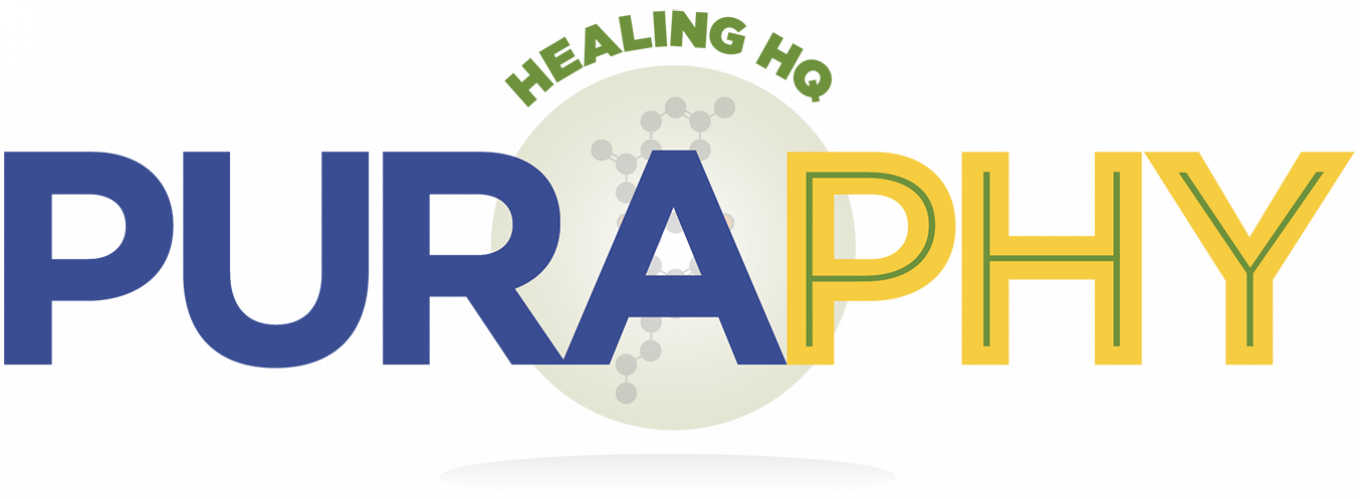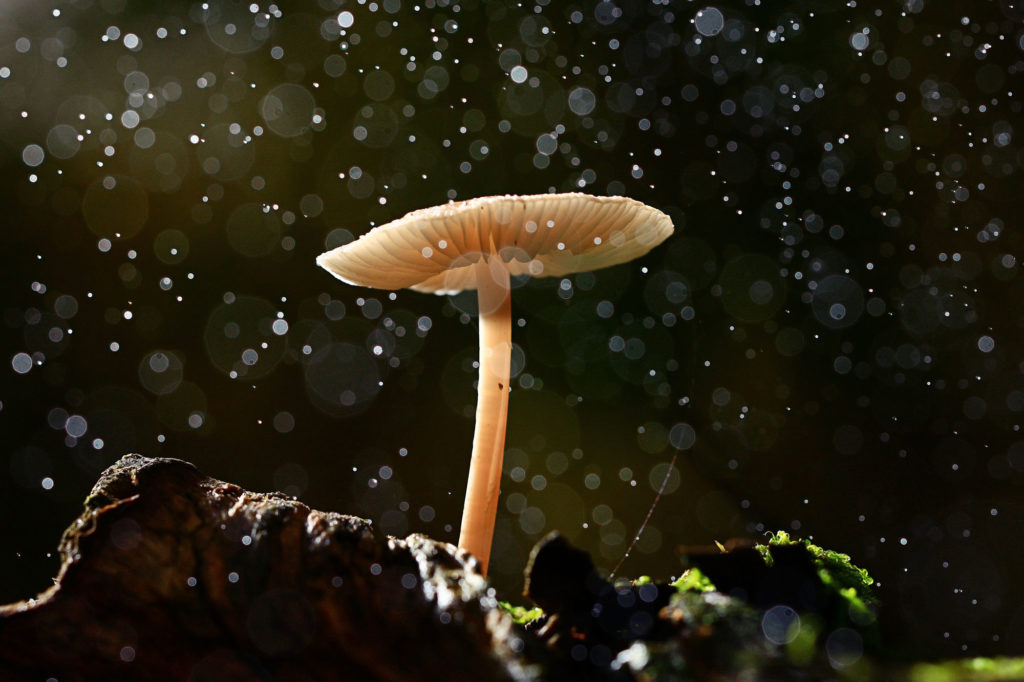If you’re into a healthy lifestyle, you may have noticed a “new” trend that’s been around for centuries: functional mushrooms, the latest go-to health supplement. Functional mushrooms differ from regular mushrooms in the sense that the former not only contains nutritional value, but other health benefits as well. While functional mushrooms are being lauded by brands in the healthcare and wellness sphere, many are linking the recent popularity of functional mushrooms to that of another type of mushrooms.
If you haven’t guessed it already, we’re talking about what’s referred to as “magic mushrooms.” So, how do these mushrooms differ from their fungi cousins? Magic mushrooms contain psilocybin, which is responsible for the psychoactive properties that the mushrooms possess. While these mushrooms are still being studied, many brands are looking towards functional mushrooms as a more viable business option. One of the reasons for this is mainly because functional mushrooms fit nicely in the health and wellness foods category because of their non-psychedelic properties. This mainly means that functional mushrooms don’t come with the mind-altering side effects that have made magic mushrooms or “shrooms” so famous for so long.
The growing trend of psychedelic reform that’s spreading across the US means that magic mushrooms are the prime candidate for being legalized.
Psilocybin mushrooms are known for having a psychedelic component that provides the user with experiencing hallucinations and pure euphoria. While it was discovered back in the 1960s, it wasn’t until recently that its medical benefits are being explored. Psilocybin mushrooms are currently being studied for the treatment of PTSD and anxiety. There’s also a growing number of studies that are being carried out in patients with depression, with many promoting it as a method of modern therapy. But, the growing trend of psychedelic reform that’s spreading across the US means that magic mushrooms are the prime candidate for being legalized.
This could be great news for their non-psychedelic cousins at the other end of the spectrum. While functional mushrooms—lion’s mane, chaga, reishi and others—are all popular choices in the functional mushroom space, there’s still a lot that needs to be learned about the full benefits they possess, including their side effects. The good news is that while functional mushrooms are known for having multiple health benefits, they don’t contain any of the mind-altering effects that are associated with magic mushrooms.
While magic mushrooms are being considered for legalization, it opens the possibilities for functional mushrooms as well. More and more companies will use functional mushrooms in their health products—without the lingering stigma associated with magic mushrooms—and usher in the new era of functional mushrooms.

